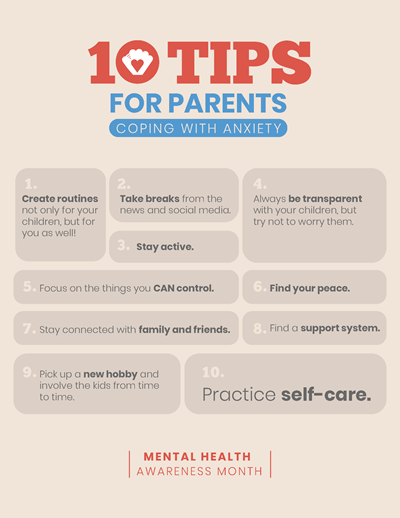
Hey there, parent! Do you ever feel like your child's success is calling out to you, but you just can't seem to navigate the parenting world like a pro? You're not alone.
Parenting can be tough, especially when it feels like you're constantly walking on eggshells trying to make sure your child succeeds. But here's the thing: with a few simple strategies, you can help your child reach their full potential and thrive in all areas of life.
First up, let's talk about setting realistic expectations for your child. It's easy to fall into the trap of wanting your child to be perfect at everything they do, but that kind of pressure can be detrimental to their mental health and well-being. Instead, focus on setting goals that are achievable and celebrate their accomplishments along the way.
By doing this, you'll not only help them build confidence and self-esteem but also foster a healthy relationship between yourself and your child based on mutual support and encouragement.

Set Realistic Expectations for Your Child
It's important to keep in mind that your little one is still growing and learning, so it's crucial to establish realistic expectations for their healthy growth.
As a parent, you want the best for your child, but sometimes we tend to have high expectations that are not attainable for their age or developmental stage. This can lead to unnecessary pressure and stress on both you and your child.
Instead of setting unrealistic goals, focus on achievable ones that align with your child's capabilities. Recognize their strengths and weaknesses while encouraging them to push themselves within reason. By doing this, you are fostering a positive environment where they feel supported and motivated to grow at their own pace.
Remember, every child develops differently, so avoid comparing them with others as it may hinder their progress. With realistic expectations in place, you can help guide your child towards success without overwhelming them with unrealistic demands.

With realistic goals set in place, the next step is fostering strong relationships with your child.
Foster Strong Relationships with Your Child
If you want to foster strong relationships with your child, it's important to build trust and open communication.
Make sure they know that they can come to you with any problem or concern without fear of judgment or punishment.
Show empathy and understanding when they share their thoughts and feelings with you, even if you don't necessarily agree with them.
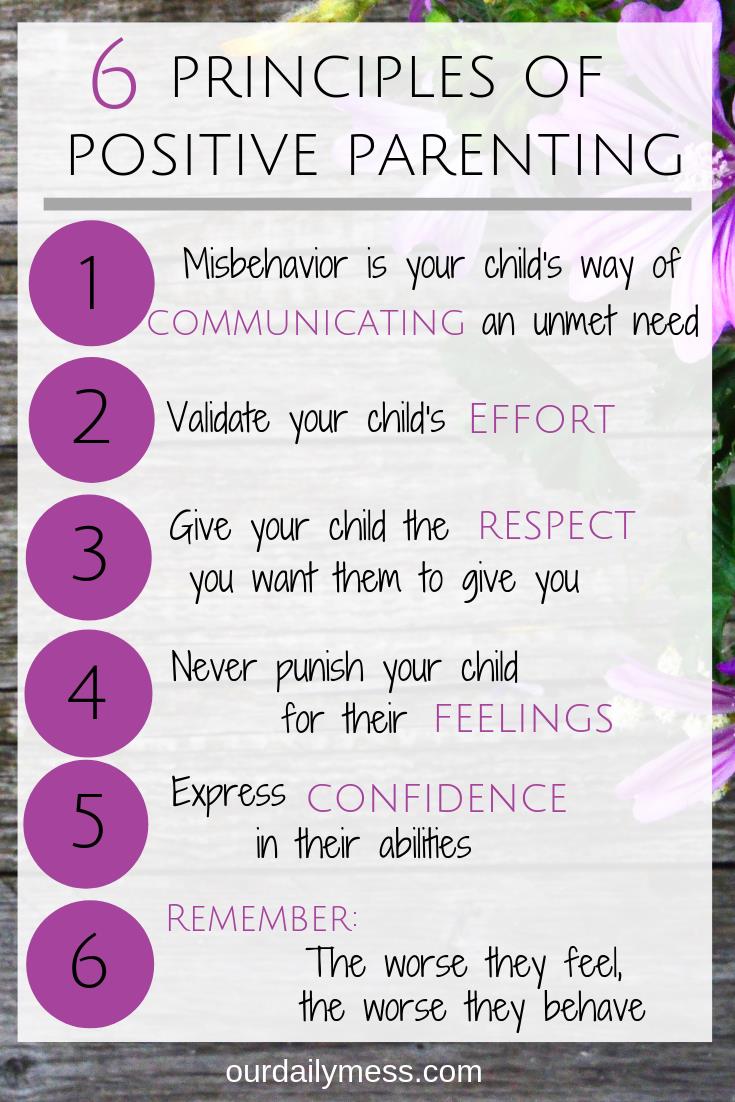
By doing so, you'll create a safe space for honest conversations that will strengthen your bond as parent and child.
Build Trust and Open Communication
You can develop a strong bond with your child by fostering trust and communication, which will lead to greater success in their personal and academic life.
Building trust is essential, as it creates a safe space for your child to share their thoughts and feelings without fear of judgment or criticism. To build trust, make sure you keep your promises, respect their boundaries, and show them that you're dependable.
Be open with them about your own experiences and encourage them to do the same.

Improving communication is also crucial in building a strong relationship with your child. Active listening is key here - give them your full attention when they speak, ask questions to clarify what they're saying, and show empathy towards their feelings.
Effective communication involves being clear about your expectations while also being willing to compromise and negotiate when necessary.
By creating an environment of open communication and trust, you can help your child grow into a confident individual who feels comfortable sharing their thoughts and ideas with others.
By building trust and open communication with your child, you're setting the foundation for a successful parenting journey.

Empathizing with their struggles is an important next step in strengthening this bond even further - understanding where they're coming from will allow you to offer guidance that's both compassionate and effective.
Show Empathy and Understanding
As you continue to build trust and communication with your little one, try putting yourself in their shoes and understanding where they're coming from - this will help you guide them with more compassion and depth.
Practice active listening by giving your child your undivided attention when they speak to you. This means putting away electronic devices and focusing solely on their words. By doing so, you not only show respect for their thoughts and feelings but also create an environment of open communication.
Offer emotional support by acknowledging your child's emotions rather than dismissing or invalidating them. Let them know that it's okay to feel sad, angry or frustrated at times, as these are normal human emotions. Listen attentively without interrupting or judging them; instead, validate their feelings by saying things like "I understand how you feel" or "That must be tough." Remember that showing empathy doesn't mean solving all their problems but rather being there for them every step of the way.

To encourage independence and responsibility, it's important to teach your child life skills such as cooking, cleaning or managing money from a young age. Start small by involving them in household chores or allowing them to make simple decisions like choosing what to wear for the day. As they grow older, gradually give them more responsibilities such as managing their own schedules or budgeting their allowance. By doing so, you not only instill a sense of independence in your child but also prepare them for adulthood.
Encourage Independence and Responsibility
Watching your little one take charge of their own tasks and responsibilities can bring an overwhelming sense of pride. Encouraging autonomy in children is crucial to their development, as it allows them to develop problem-solving skills and gain a sense of control over their lives.
As a parent, it's important to provide opportunities for independence while also offering guidance and support. Start small by allowing your child to make decisions about simple things like what to wear or what snack they want. Gradually give them more responsibility, such as completing household chores or managing their own schedule. This will not only help build their confidence but also teach them the value of hard work and responsibility.
Remember to be patient and offer encouragement along the way, even if mistakes are made. As you encourage your child's independence, it's equally important to listen and validate their feelings. Giving them the tools they need to navigate life with confidence doesn't mean ignoring how they feel or dismissing their emotions.

By being present and empathetic when they come to you with concerns, you're showing that you respect their thoughts and feelings while still providing guidance when needed. Keep this in mind as you continue on your parenting journey towards raising successful and independent individuals.
Listen and Validate Your Child's Feelings
It can be tough to know how to respond when your little one comes to you with their worries and concerns, but taking the time to really listen and validate their feelings is an essential part of building a strong emotional foundation.
Active listening shows your child that they're important and valued, while emotional validation helps them feel understood and supported. When your child expresses their emotions, try to give them your full attention. Put down what you're doing and make eye contact with them.
Ask questions and encourage them to share more about how they're feeling. When they finish talking, respond with empathy by acknowledging their emotions and letting them know that it's okay to feel that way. By actively listening and emotionally validating your child's feelings, you'll help build a stronger relationship based on trust and understanding.

This will ultimately lead to greater independence as your child grows older. Use discipline and consequences effectively by setting clear boundaries in a loving manner so that they understand the consequences of their actions without feeling attacked or belittled for making mistakes.
Use Discipline and Consequences Effectively
You can effectively teach your child about boundaries and consequences through loving discipline that emphasizes accountability and growth. Consistent consequences are important for children to understand the impact of their actions.
For example, if they break a rule, it's important for them to experience a consequence that is appropriate for their age and level of understanding. This helps them to learn from their mistakes and avoid making the same ones again in the future.
In addition to using consequences, positive reinforcement is also crucial in shaping your child's behavior. Praising your child when they exhibit positive behavior encourages them to continue doing so. It builds their confidence and reinforces good habits.

With a balance of both discipline and praise, you can create an environment where your child feels supported in their growth while also being held accountable for their actions. This sets them up for success not only in the present but also in the long term as they navigate life's challenges.
It's important to support your child's personal and academic goals by providing guidance, resources, and encouragement.
Support Your Child's Personal and Academic Goals
You know that as a parent, one of the most important things you can do is to support your child's personal and academic goals. One way you can do this is by helping them discover their passions.
Encourage them to try new things, explore their interests, and find what really excites them. Once they've found their passion, provide resources and guidance for success.
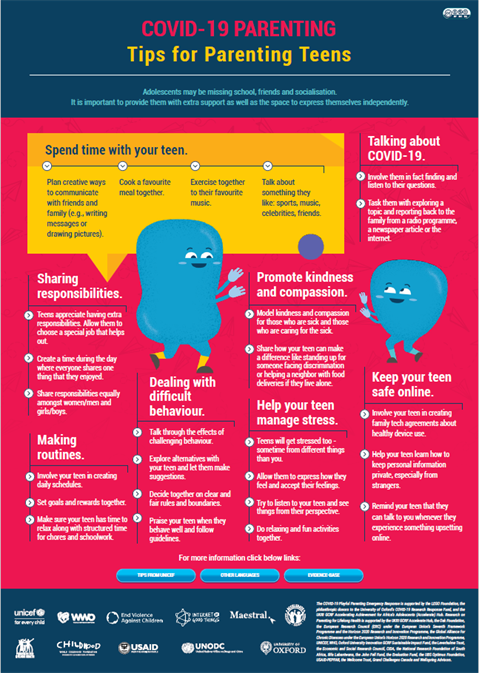
Show them how they can develop their skills and pursue their dreams. With your support and encouragement, your child will be well on their way to achieving great things in life.
Help Them Discover Their Passions
Helping kids find what they love can lead to a fulfilling and joyful life. As a parent, it's important to explore your child's interests and nurture their talents.
Expose them to diversity and broaden their horizons by introducing them to different activities, cultures, and experiences. This will help them discover what truly excites them and give them a sense of purpose.
Encourage your child to try new things without fear of failure or judgement. Let them explore on their own but also be there to support and guide them whenever they need it.

By providing an environment that fosters curiosity, creativity, and self-expression, you are giving your child the opportunity to find their passions. Remember that every child is unique in their interests and abilities so don't force anything upon them.
Instead, provide resources and guidance for success based on what they love doing most.
Provide Resources and Guidance for Success
As you continue to help your child discover their passions, it's important to remember that providing resources and guidance is just as crucial in helping them achieve success. As a parent, you're the primary influence in your child's life and can play a vital role in shaping their future.
Encourage creativity by exposing them to different experiences, whether it's through extracurricular activities or simply exploring new hobbies together. Celebrate achievements, big or small, and provide positive reinforcement along the way. By doing so, you'll instill a sense of confidence within your child that will carry over into all aspects of their life.

Remember, success is not just about reaching an end goal but also about the journey taken to get there.
- Provide opportunities for exploration
- Offer support and encouragement
- Help them set achievable goals
Frequently Asked Questions
How can I help my child develop a sense of responsibility without being too strict or lenient?
Encouraging independence and nurturing decision-making skills in your child can be a delicate balancing act. You want to provide guidance and support, but you also don't want to micromanage every aspect of their life.
One way to help your child develop a sense of responsibility is by giving them opportunities to make choices and take on small tasks. This could be as simple as letting them choose what clothes they want to wear or asking them to help with household chores like setting the table.
As they grow older, you can gradually increase the level of responsibility they have, such as giving them more control over their schedule or involving them in family decisions. By doing so, you are instilling important life skills that will serve them well in the future while also showing your support and trust in their abilities.
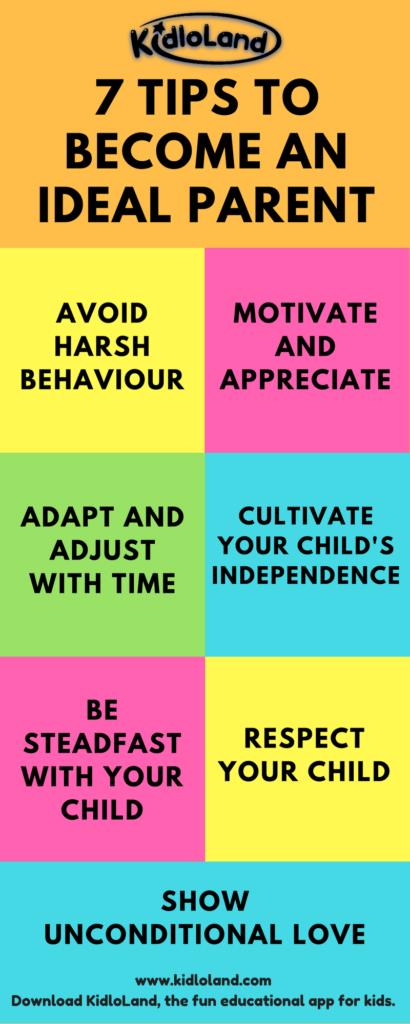
What can I do to foster a stronger relationship with my child, especially if we have a difficult time communicating with each other?
You're feeling a bit disconnected from your child lately. It's tough to communicate with them, and you're not sure how to bridge the gap.
But don't worry, there are plenty of ways to strengthen your bond and make it fun in the process! Try some new activities together that both of you will enjoy - maybe take a cooking class or go on a hike.
Make sure you practice active listening skills when talking with your child and encourage them to share their thoughts and feelings with you without judgment. By actively engaging with your child, you'll start to build trust and open up lines of communication that were once closed off.
Remember, strengthening your relationship takes time, but the effort is well worth it for both of you!

How can I balance supporting my child's personal and academic goals without putting too much pressure on them?
Creating healthy boundaries and encouraging open communication are crucial when balancing your child's personal and academic goals. It can be easy to get caught up in wanting your child to succeed, but it's important to remember that they're individuals with their own dreams and desires.
By setting clear boundaries and communicating openly with your child, you can create a supportive environment that allows them to thrive without feeling overwhelmed or pressured. Encourage them to pursue their passions while also helping them stay on track academically.
It's all about finding a balance that works for both you and your child, so don't be afraid to have those tough conversations and make adjustments as needed.
Remember, ultimately it's their success that matters most - not the pressure we put on ourselves as parents.

Are there any specific discipline techniques that are more effective than others in helping my child learn from their mistakes?
Disciplining your child can be a tricky task, but there are specific techniques that can help them learn from their mistakes. One of the most effective methods is positive reinforcement. Praising them for their achievements and efforts instead of solely focusing on their mistakes will motivate them to do better and build their self-confidence.
However, it's also important to establish age-appropriate consequences when they misbehave. These consequences should be clear, fair, and consistent so that your child understands what is expected of them. By combining positive reinforcement with appropriate consequences, you can teach your child how to take responsibility for their actions and make better choices in the future.
Remember to approach discipline with compassion and insight, while still setting boundaries that allow your child the freedom to grow and learn.
How can I validate my child's feelings when I may not always agree with their perspective or choices?
When your child comes to you with a problem, it's important to practice empathetic listening and validate their emotions. Even if you don't agree with their perspective or choices, try to understand where they're coming from and acknowledge their feelings.
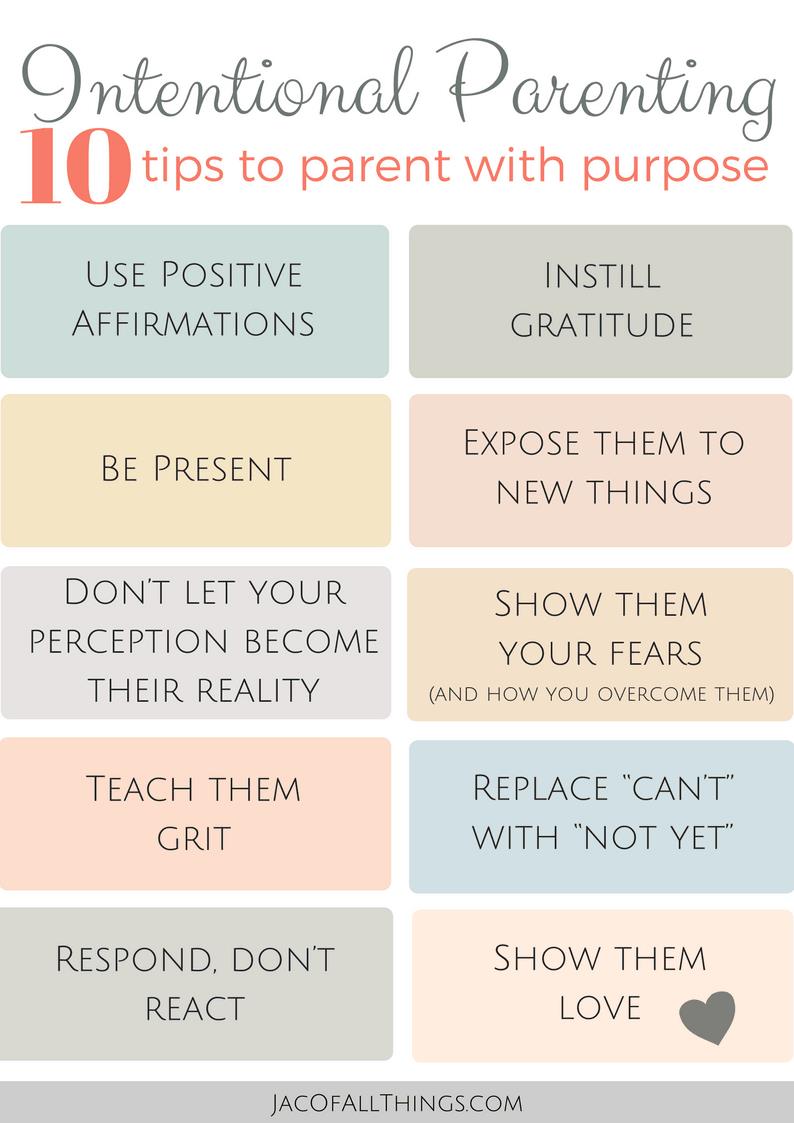
This doesn't mean you have to condone bad behavior or make excuses for them, but it does mean that you're creating a safe space for them to express themselves without fear of judgement. By doing so, you're building trust and strengthening your relationship with your child.
Remember that validating emotions doesn't always require a solution; sometimes just being there and actively listening is enough.
Conclusion
So, you've got it all figured out. You're the pro parent, navigating your child's success like a boss. But wait, do you hear that? It's the sound of irony knocking at your door.
Sure, you've set realistic expectations for your child and fostered strong relationships with them. You encourage independence and responsibility while also listening and validating their feelings. And don't forget about using discipline and consequences effectively to teach important lessons.

But in the end, success is not just about academic achievements or personal goals attained. It's about raising a kind and compassionate human being who can navigate this complex world with empathy and grace.
So keep up the good work, pro parent. But remember to always stay humble and open-minded as you guide your child towards true success – one that goes beyond grades or accolades, but into the realm of humanity itself.
 RelationshipsHealthWorkMoneyParentingRetirementPrivacy PolicyTerms And Conditions
RelationshipsHealthWorkMoneyParentingRetirementPrivacy PolicyTerms And Conditions
